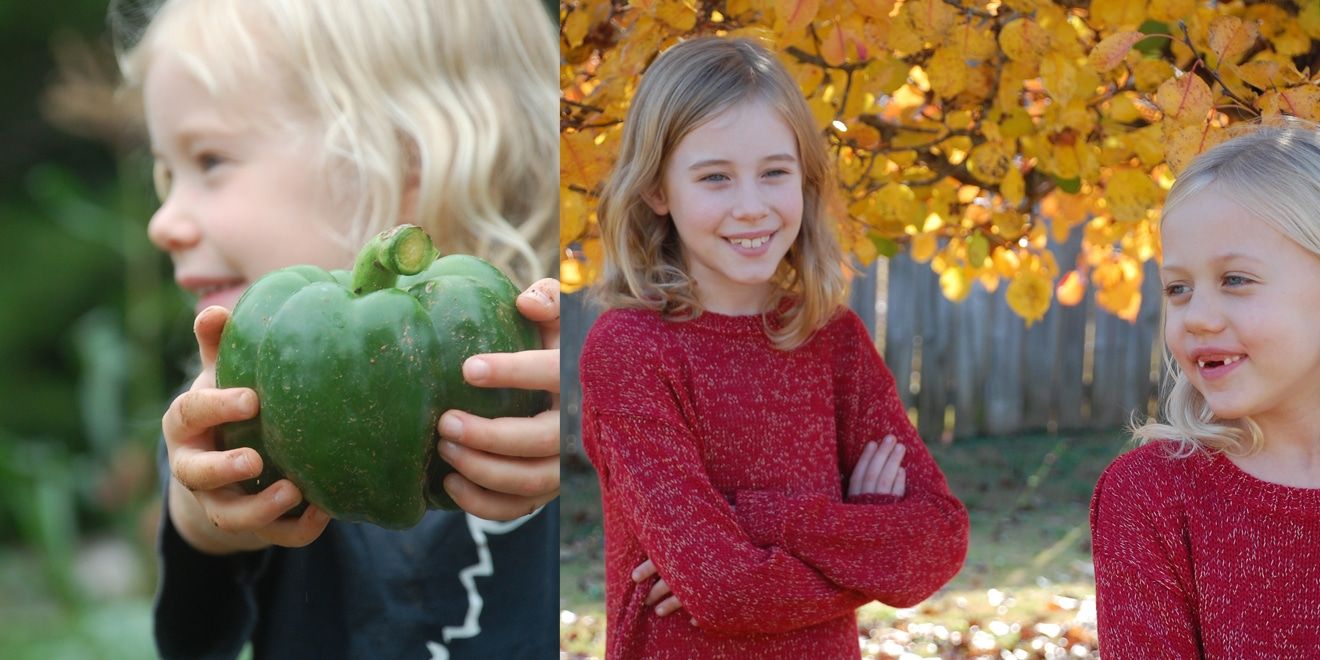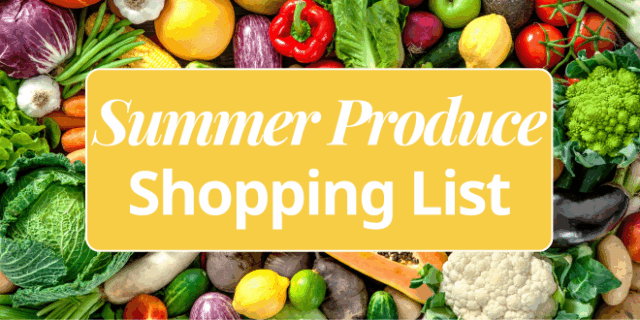By Amy Hester, Whole30 Certified Coach, who knows a thing or two about talking to her kids about the Whole30
“Mom! You’re doing a Whole-what?!”
If the Whole30 has changed your life and relationship with food, of course you want to share it with your family. It can be a tough sell to get your kids to voluntarily give up the processed foods and sugary treats that they have come to love. As a stay-at-home, homeschooling mom and Whole30 Certified Coach, I have learned a couple of things about how to pique my kids’ interest and have positive conversations about food. Today I will share 3 tips for talking to your kids about the Whole30. If you focus on the why, play up the science, and point out the times they are already eating Whole30 compatible foods, then who knows? They may even agree to participate with you!
Explain to them why their body might work better with certain foods.
Kids want to know stuff. Let’s face it; our kids are smart. If all you ever say is, “Cookies are junk food! Junk food is bad! I can’t eat them for 30 days!” Of course they will balk. It does sound a little extreme and bonkers, so it’s helpful to explain the WHY. For example, I recently explained to my kids exactly what happens in the body once sugar is introduced into the bloodstream. We made a little science lesson out of it. They were very interested and still talk about it. Every time they learn something about how the body works, they are moving closer to understanding how to make healthy food choices on their own. And speaking of science experiments…
Tell them the Whole30 is a science experiment.
The Whole30 is a self-experiment, to help you learn how the foods you’ve been eating are impacting how you look, how you feel, and your quality of life. Kids love science experiments. If my kids see me gathering and setting up supplies all over the kitchen counter for a science lesson, they get totally pumped. Most elementary and middle school aged kids think science is “cool,” so once they understand that a Whole30 is in fact a science experiment that someone performs on themselves, they are suddenly more intrigued by the process.
Remind them of their favorite Whole30 compatible foods.
Understandably, a Whole30 can seem intimidating. Kids (and adults) might feel banned from enjoying their favorite foods all month long. Understandably, they start to ask the same questions that adults do…but what am I going to eat?! And also just like adults, they need to be encouraged. I will often cook nutrient-dense, Whole30 compatible meals for my family. When my family is enjoying a healthy meal, I am quick to point it out! “See, guys, you are totally loving a Whole30 meal right now! That’s not so bad, huh?” The next time your kids are munching on a meal that just happens to be Whole30 compatible, remind them!
Putting it all together.
Don’t forget that the Whole30 and food freedom is an ongoing experience! I always remind my clients that a Whole30 is really just part of a long journey. You do a Whole30 and learn some things, take that knowledge and apply it to your food freedom. Somewhere along the way you might do another Whole30, learn a few more things … and so on.
The same principle applies to your kids and how they deal with the information they learn from you. Don’t expect them to suddenly choose only wholesome foods for lunch just because you had a great conversation about it with them one time. If you consistently explain how the body works, show them how interesting it is to experiment with food, and gently encourage them when they make wise food choices, you will likely see a greater impact over time than you would expect. Transitioning your kids’ diet is a process, so watch for that slow progress and celebrate the wins over time.
















